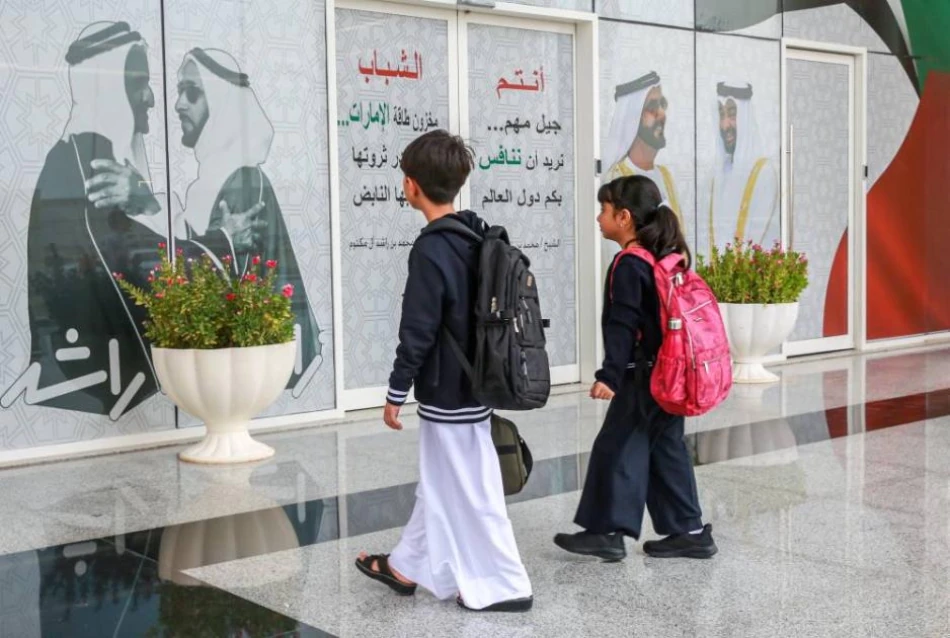
Schools Urge Parents to Sign Partnership Charter for Enhanced Engagement and Collaboration
UAE Schools Push Digital Partnership Charter as Education Ministry Embraces Tech-First Parent Engagement
School administrations across the UAE are urging parents to sign a mandatory partnership charter through the Ministry of Education's digital platform, marking a significant shift toward technology-driven parent-school collaboration. The move reflects the country's broader digitization strategy while establishing formal commitments from both parties to enhance student educational outcomes.
Digital-First Approach With Limited Paper Exceptions
Parents must now access the ministry's electronic platform at parent.ese.gov.ae to review and sign the partnership charter, which outlines specific obligations for both schools and families. The digital requirement applies to all parents with proper identification documents, while paper versions will only be accepted for those lacking official documentation.
School administrators have emphasized that parents must update their personal information to complete the signing process and must sign separate charters for each enrolled child. This individualized approach suggests the ministry is treating each student-parent-school relationship as a distinct contractual arrangement.
Technical Support Infrastructure in Place
Recognizing potential technical barriers, the ministry has established dedicated support channels through [email protected] to assist parents experiencing difficulties with the electronic signing process. This proactive measure indicates awareness that digital adoption remains uneven among parent populations.
Strategic Vision Behind Mandatory Partnership
The charter initiative aligns with the UAE's national education vision to create collaborative learning environments where homes and schools function as equal partners in shaping student development. This formalization of parent-school relationships through binding agreements represents a departure from traditional informal cooperation models.
The emphasis on both academic and character development suggests the ministry is responding to concerns about holistic education outcomes, particularly as the UAE positions itself as a regional education hub competing with established centers like Singapore and Hong Kong.
Implications for Educational Governance
By requiring formal commitments from parents, the UAE is essentially creating a contractual framework for educational responsibility-sharing. This approach could provide schools with stronger leverage when addressing student performance issues or behavioral concerns, while simultaneously holding institutions accountable for their stated obligations.
The digital mandate also serves the government's broader smart city initiatives, creating a comprehensive database of parent-school interactions that could inform future policy decisions. For international schools and private institutions operating in the UAE, this standardization may require adjustments to existing parent engagement protocols.
The success of this digital charter system could influence other Gulf states considering similar educational governance reforms, particularly as regional competition for attracting expatriate families intensifies through education quality improvements.
Most Viewed News

 Omar Rahman
Omar Rahman






